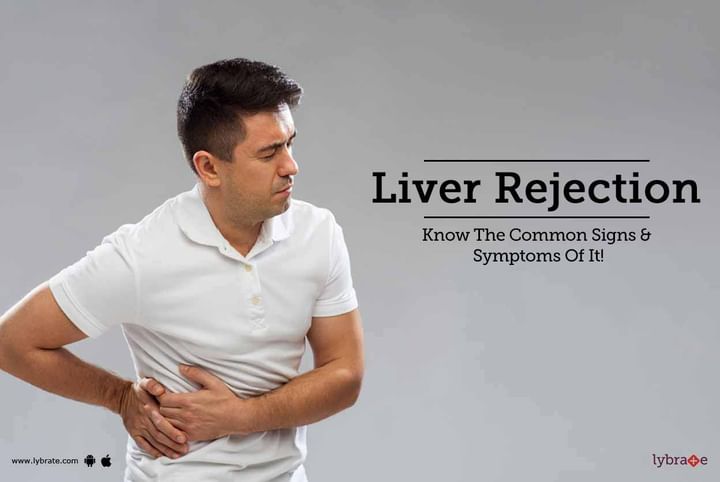Get the App
For Doctors
Login/Sign-up
Last Updated: Jan 10, 2023
BookMark
Report
Liver Rejection - Know The Common Signs & Symptoms Of It!
Dr. Rajiv LochanLiver Transplant Surgeon • 30 Years Exp.MBBS, MS - General Surgery, FRCS (edinburgh), MD - R & D, FRCS Intercollegiate
A person with liver cancer or failed liver is required to undergo a liver transplantation, where the old liver will be replaced by a new liver. A liver transplant rejection, which is also called organ rejection, is faced by people who have recently undergone liver transplantation. One of the main reasons for this rejection is that the immune system of the body does not accept any foreign bodies. It will start attacking them as it treats them as a threat to the body.
Symptoms of liver rejection
Symptoms and signs of liver rejection vary from person to person. However, it is very important to understand these signs. Here is a small list of some common symptoms of liver rejection:
- Severe pain in the area of transplant
- High fever, usually above 100-degrees F
- Severe itching
- Dark urine
- Swelling in the abdominal area
- Headache
- Fatigue
- Jaundice
- Nausea
- Problem in breathing normally
- Cough
Things you must remember
- If you see any of these signs or if you feel any kind of abnormality in your body after the liver transplantation, you must get in touch with your doctor immediately.
- In most of the cases, the symptoms are visible, but in some rare cases, the symptoms will not be visible at all. In such cases, a liver biopsy is done on the patient who has undergone a liver transplant. In this biopsy, a small piece of the liver is taken out and sent for testing. This is one of the best ways to be sure if the newly placed organ is rejected by the body or not.
Acute and chronic organ rejection
- Usually, within one year of your liver transplantation, you may experience the signs of rejection. This is called acute rejection. These rejections can result in chronic rejections. Chronic rejection is a condition where your organ will be attacked slowly and it gradually stops functioning normally.
- As time passes post liver transplantation, the chances of getting rejected become lower. But that is never guaranteed by any doctor. Rejection can happen even after years of liver transplantation, and you may experience any of the above-listed signs and symptoms.
- An early detection of the rejection symptoms will help in stopping the liver to fail completely. It Undergoing another liver transplantation will be quite difficult as it hard to find the right donor for your body. To avoid infections, the doctor should be able to detect the signs and prescribe the right medicine in the right dose after studying your medical history.



+1.svg)
